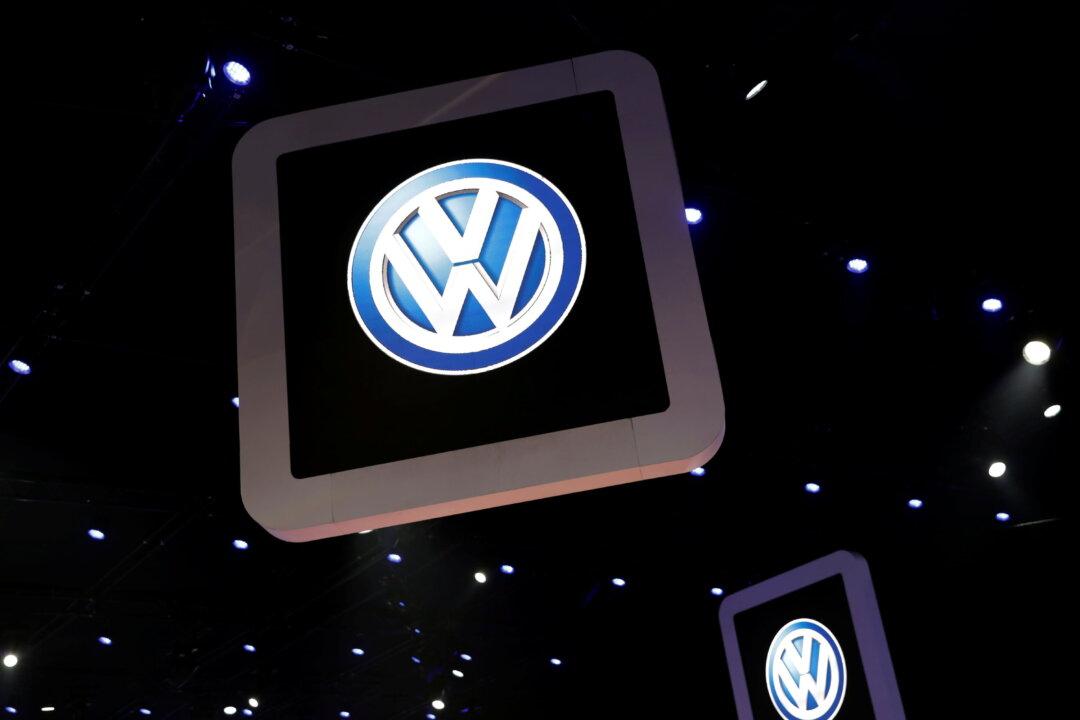Automaker Volkswagen has announced Artificial Intelligence (AI) will soon be integrated into several of its vehicle models later this year.
During the ongoing tech event International CES in Las Vegas, the carmaker unveiled plans to combine ChatGPT with the existing IDA voice assistant offered in several of its compact vehicle models.





